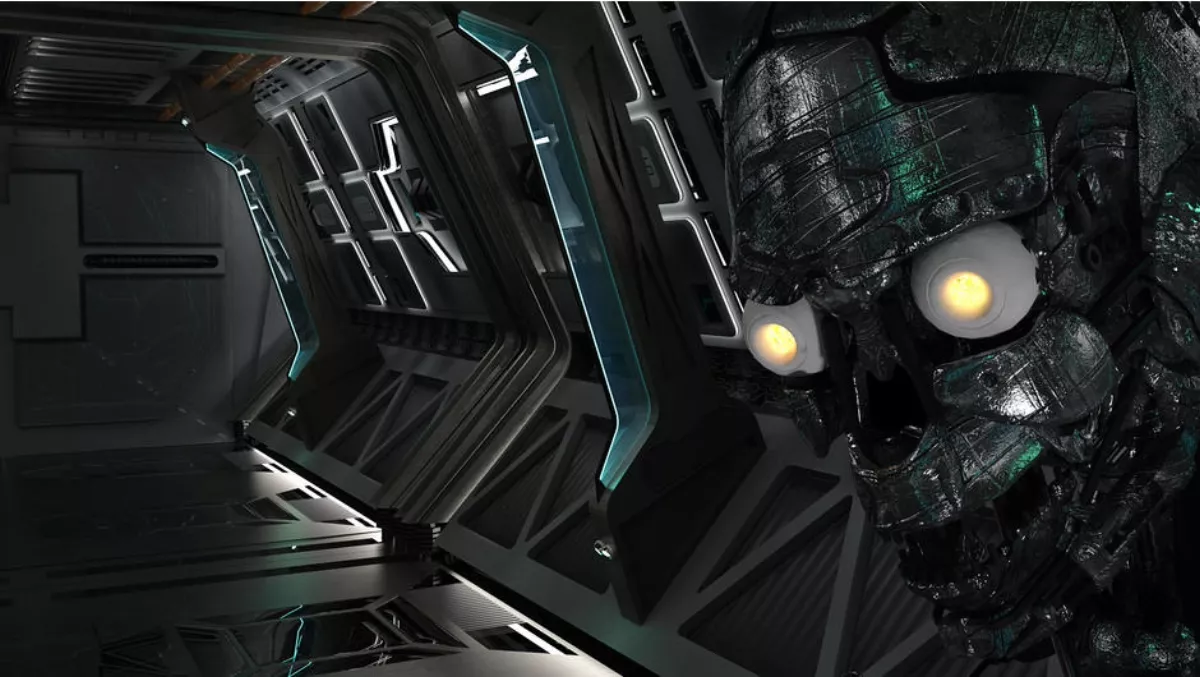
As a result of many Hollywood articulations, Artificial Intelligence (AI) is the technology that was once feared by all. The idea that computers could think and learn as we did, presented a terrifying notion of being “taken over” by a technology we could no longer control or understand.
But now that we are moving in a direction away from human-like AI, we are seeing AI discoveries enhance rather than disable almost every industry, and people are starting to question whether artificial technology is actually the scary monster under the bed after all?
2017 was a breakout year for AI and despite repeated attempts to sensationalise, we have witnessed unprecedented gains in mainstream understanding of AI-driven technologies. People have begun to grasp the impact of AI-powered applications on their everyday digital lives. While there is still a lot of work to be done, AI is giving us the ability to do so much more and do it more effectively than ever before.
Here's how:
Human-like AI is moving out of focus
Thankfully, the AI industry will begin to move away from developing technologies that reside in human-like physical structures. As we've seen from Sophia the Robot, making AI appear more human while trying to make it behave human-like ends up detracting from real progress.
Consequently, AI engineers and developers will pivot toward building algorithm-driven AI that responds, makes decisions and interacts with people in a human way. We will see a pronounced industry shift as AI becomes increasingly integrated into platforms and technologies people use to locate public records, rate customer experiences, manage their finances and learn.
AI and humans can work together produces the best results
Too often reports covering AI and its impact on the job market provoke needless panic. Many fear how advancements in AI will impact future job opportunities, talent and workplaces. Although some jobs will inevitably be replaced by AI technologies, the reality is that most will evolve to incorporate – and coexist with – AI to maximise benefits to companies and their employees.
Consumers will have more trust in AI technology
AI is slowly gaining currency with consumers all over the world. The industry is working hard to ensure consumers feel comfortable with AI-driven products and services, as well as communicate more clearly on the privacy and security of AI products. All this communication should and will occur in simple language that everyday people can understand. If we can make consumers more comfortable with AI, we can help to address widespread ethical and technical concerns, as well as maximise AI adoption.
Cybersecurity is turning to AI to tackle sophisticated threats
While Hollywood would love for us to believe that hackable technology can result in robots seizing our planet, engineers are beginning to address these issues at the data and algorithm levels with AI. To-date, hackers' skills have exceeded the cybersecurity industry's ability to safeguard vulnerable technologies.
To resolve this discrepancy, tech giants like Facebook, Google and Amazon will pursue partnerships with startups and academic researchers at leading institutions to create AI-driven security. Ultimately, these collaborations will help to produce AI systems capable of monitoring, identifying and preventing hacks.
The regulatory landscape of AI will move forward
We will see an increase in both regulating AI as an industry and as data, which will result in heightened accountability throughout the industry. As governments around the world seek to learn more about the AI industry, major industry players will start to unveil how they self-regulate AI-driven enterprise applications.
This increased self-regulation in the industry will help to address additional business and public safety concerns about data privacy and protection. We will see continued pressure on the industry to increase accountability and transparency. The AI industry will now be expected to clearly explain how companies use data – particularly consumer information – to build and inform AI applications.
The AI industry will start to prioritise solving the world's biggest problems
The industry will shift toward deploying AI to solve the right problems. We're not currently using AI to solve the biggest problems facing the world today. Instead, the majority of AI's current enterprise and consumer applications focus on small-scale, niche problems. Sure, a search algorithm can direct you to the best dentist in Paris. A smart assistant may be able to help you to book a meeting room.
A voice assistant might help you to discover a music genre you never knew existed. But is this really the most effective use of AI? Today's AI technologies already possess the potential to address much more complex problems, such as managing an entire workforce and solving climate change. In the near future, it is possible we will see companies across industries will begin to deploy AI technologies to solve the world's most complex and significant problems.
AI development training and tools are becoming available to a wider talent pool
Just a few years ago, developing AI technologies required advanced degrees in data science and engineering. Today, the industry is much more accessible. Developer tools, training programs, and more attainable career opportunities now enable non-technical people to break into this once impenetrable industry.